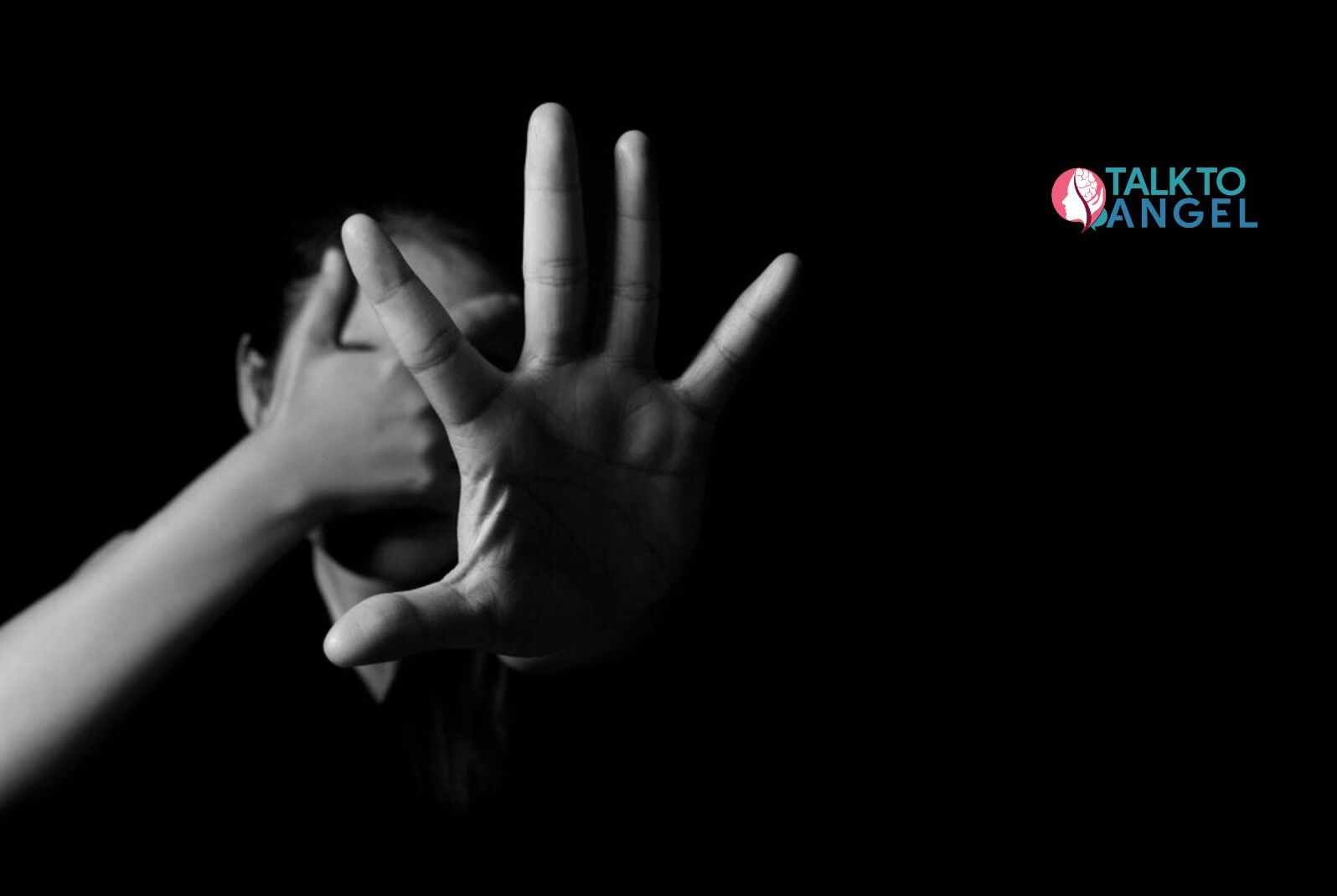Drug Detox
It’s possible for drug addiction to develop within weeks after first use, which is quicker than one may assume.
The first step in beating an addiction is often seen to be seeking help, although it can be difficult. . This is because you have to initially detox the drug off your system in order to get past drug addiction. It can be a painful procedure, albeit it depends on the material.
The public’s perception of drug addiction has changed in recent years. These days, it’s recognised as a legitimate medical problem and a chronic health condition. There is no need to feel ashamed if you are struggling with drug addiction. There is assistance available to help you solve your medical issue.
If you’re struggling with drug addiction, it’s important to seek professional help to begin the process of recovery. This often starts with detoxing the substance from your body, which can be a difficult and painful process. However, with the right support and guidance, it’s possible to overcome addiction and achieve long-term recovery. Consider seeking help from a licensed therapist through Online counselling, which can provide a convenient and effective way to receive support from the comfort of your own home. If you’re located in India, you may also want to consider finding the Best Psychologists in India who specialize in treating drug addiction. They can provide personalized treatment and support to help you overcome your addiction and regain control of your life. Remember, seeking help is a courageous first step towards a healthier and happier future.
This article will look at the process of drug detoxification and what to anticipate. It might be helpful to comprehend all that a drug detox entails in order to make the best selections, whether you’re reading this for yourself or a loved one. The distinctions between detoxification with medical assistance and detoxification carried out at home will also be covered in this article.
What Is a Drug Detox?
The weaning process ourselves off of a narcotic is a part of a drug detox, also known as detoxification. In response, the body exhales pollutants. Depending on how much of a drug is in a person’s system and how long they have been addicted to it for, the process of detoxing from a drug is often assumed to take place over the period of seven to 10 days. The body’s reaction to not having a drug is known as withdrawal, which is another name for a detox. Typically, drug detox comes first in the process of beating drug addiction. According to the logic behind it, getting a chemical out of your system is necessary before you can conquer an addiction.
Detox and Withdrawal Symptoms
It’s vital to understand that the signs of drug detox will be the same regardless of whether you choose for a medically assisted detox or decide to handle it on your own. A person with a substance addiction may continue to suffer symptoms despite measures offered by medical care that might help lessen or minimize some symptoms. Of course, the drug or drugs to which a person is addicted will determine the signs and symptoms they experience. Regardless of the individual’s particular addiction, a number of symptoms are nevertheless typical throughout detoxification.
Nausea
- The discomfort of the muscles
- Depression
- Anxiety
- Shaking Sweating Vomiting
- Seizures
- Confusion/disorientation
Medically-Assisted Detox
Techniques used in detoxication at a healthcare facility, such as a hospital or rehabilitation center, may help to lessen some of the challenges related to drug detox. Many institutions follow strict guidelines for counseling patients and providing them with helpful supplements, a practice called withdrawal treatment.
Methadone is a drug that can be used to treat drug addiction to opioids like heroin or oxycontin, which are physiologically risky to stop using suddenly.
An at-home detox cannot provide the same degree of safety throughout the withdrawal period as medically assisted detox. There are several ways that medical help may make the detox process simpler, like having access to equipment that can take your blood pressure, having qualified specialists by your side to guide you through the process, and having emergency medicine on hand when necessary.
Of course, not every individual has access to state-of-the-art healthcare facilities that facilitate more comfortable drug detox. Private insurance holders will most likely have the finest possibilities, but whether or not you have insurance, you still have choices.
Steps to Take After Detox
Addiction treatment involves more than just drug detox. An addiction to a substance is still present even though your body is no longer physiologically dependent on it. Actually, if you don’t get additional support, you still face the danger of relapsing even after you’ve successfully detoxed.
Visiting a rehabilitation facility
You should still receive addiction therapy at an addiction to drugs rehabilitation facility even if they did not detox there. The length of the programmes, which can last anywhere from a few weeks to many months, varies across both the inpatient and outpatient settings offered by treatment facilities.
Rejoin a Support Group
You can experience a sense of community by getting to know those who are going through the same detox process as you are and have already finished it. A support group can therefore provide a secure environment where you can express your thoughts and experiences without fear of judgment.
Consult a therapist
As you progress through rehabilitation, you could feel a variety of emotions. You can be ashamed and guilty, or you might be anxious about learning about or uncovering prior trauma or stressful experiences that contributed to your addiction. Any difficult emotions you may have been attempting to suppress or run from can be helped by a mental health expert.





